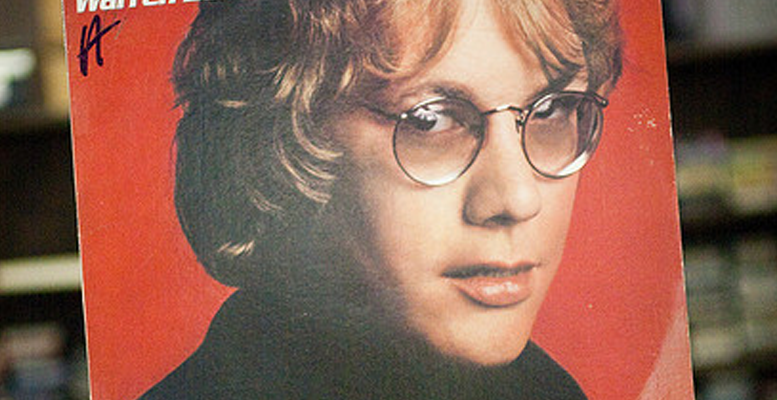 When Thrilleana came back from the music store the other day with the vinyl version of David Bowie’s newest work, Blackstar, I didn’t know that this would be the last Bowie album released in his lifetime. I had lost that particular celebrity death pool, if only because I’d never entered him into it. Of all the ancient music celebrities still around, I didn’t think he would be the next one to check out.
When Thrilleana came back from the music store the other day with the vinyl version of David Bowie’s newest work, Blackstar, I didn’t know that this would be the last Bowie album released in his lifetime. I had lost that particular celebrity death pool, if only because I’d never entered him into it. Of all the ancient music celebrities still around, I didn’t think he would be the next one to check out.
Maybe it was because part of me foolishly thought he was, somehow, immortal. Like maybe he was actually Count St. Germain, who had long ago, discovered the secret to immortality and was just playing it cool, pretending to age, for our benefit. Or that maybe he would never die, by eventually becoming the first cybernetically-immortal human; I don’t know. I could make up stories pertaining to Bowie’s true nature until the cows come home, but one thing’s for sure, most of them only work when he’s alive. And I, for one, didn’t think he’d die so soon.
At least not for a little while. And as such, I found myself impressed by the grimness of this news, though strangely unsurprised that he had been sick, a fact largely unknown in the media. He didn’t really make it clear through the conventional channels—he didn’t have a 60 Minutes interview, he didn’t mumble something about a diagnosis to Charlie Rose. Though, in retrospect, he did make it clear in other, less obvious ways.
This all reminds me of another musical death, one similar to Bowie’s, though fundamentally different in a very important way.
(Read more at: Bowie and Zevon: Two Ways to Punch The Clock at the End of the Day)